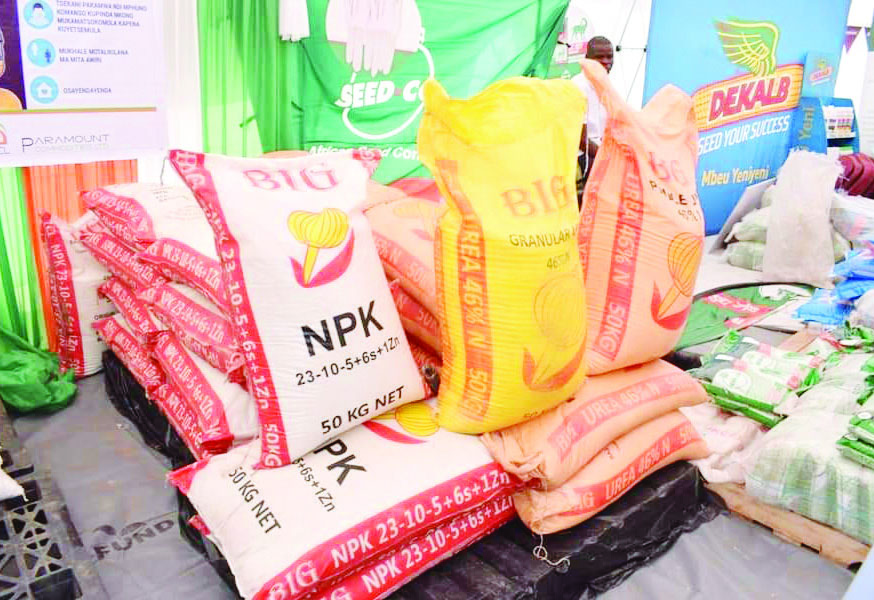Key Business Points
- Fertiliser availability is under threat due to foreign exchange challenges, which may impact the upcoming production season in Malawi.
- Fertiliser companies currently hold around 267,000 metric tonnes, but the majority of this quantity is still in transit, highlighting the need for urgent action to address the forex issue.
- The annual demand for fertiliser in Malawi is estimated at 475,000 metric tonnes, indicating a significant shortfall if the forex challenge is not resolved promptly.
Malawi’s business community, particularly those in the agricultural sector, are facing a challenging time ahead as fertiliser availability is threatened by foreign exchange challenges. With the production season looming, fertiliser companies are racing against time to import the necessary quantities to meet the annual demand of 475,000 metric tonnes. Currently, these companies have slightly above 267,000 metric tonnes in their hold, but the majority of this quantity is still in transit, leaving a significant shortfall.
This situation is a cause for concern for mal bomba, or farmers, who rely heavily on fertilisers to increase their crop yields. The lack of available fertiliser may lead to decreased productivity, ultimately affecting the country’s food security and economy. Mbadala ya chakula, or food alternatives, may become more expensive, leading to increased costs for consumers.
The forex challenge is a significant hurdle for fertiliser importers, who are struggling to secure the necessary foreign exchange to complete their transactions. This has resulted in a delay in the delivery of fertiliser, exacerbating the shortage. Wachilembe, or business owners, in the fertiliser industry are urging the government to intervene and provide support to address the forex issue.
The Malawian government has been working to kutenga masola, or allocate funds, to support the agricultural sector, including initiatives to increase fertiliser availability. However, the current forex challenge highlights the need for more urgent action to address the issue. Osaphweketsa, or entrepreneurs, in the agricultural sector are calling for a long-term solution to the forex challenge to ensure a stable supply of fertiliser and support the growth of the sector.
As the production season approaches, it is essential for stakeholders to work together to address the fertiliser shortage and forex challenge. Kukhazikitsa, or investing, in the agricultural sector is critical for Malawi’s economic growth, and the government and private sector must collaborate to create a conducive business environment. By doing so, malawi woyera, or Malawi will prosper, and the country can achieve its goals of increasing food security and economic development.
What are your thoughts on this business development? Share your insights and remember to follow us on Facebook and Twitter for the latest Malawi business news and opportunities. Visit us daily for comprehensive coverage of Malawi’s business landscape.
- Revitalizing Malawi’s Economy: Tackling Climate Related Underfunding for Sustainable Growth - January 30, 2026
- Navigating Malawi’s Fiscal Crossroads: Strategies for Business Resilience Amidst Rising Debt - January 29, 2026
- ACE Africa Taps Seasoned Expert Muona to Spearhead Growth and Drive Business Momentum in Malawi - January 29, 2026

